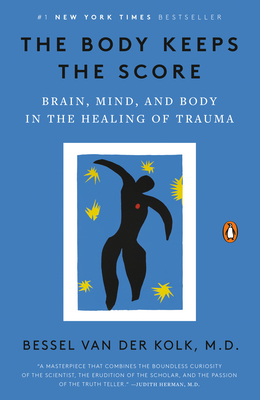Description
In this groundbreaking book, Sidney J. Blatt proposes that psychological development is a lifelong personal negotiation between the two fundamental dimensions of relatedness and self-definition. Psychological development, from youth to old age, is a synergistic balancing act between these two polarities, with most individuals favoring to varying degrees either the anaclitic (relatedness) dimension or the introjective (self-definition) dimension. Exaggerated emphasis on one developmental line at the expense of the other, however, can lead to a variety of mental disorders.
Within this framework, mental disorders are seen not as clusters of present or absent symptoms, as in the current DSM diagnostic system, but rather as compensatory exaggerations of the normal polarities of relatedness and self-definition. The author argues that this conceptualization of personality development has clear implications for therapy and describes intriguing research indicating that anaclitic and introjective persons respond differently to psychotherapy. The author applies this model in great detail to the process of therapeutic change, with striking implications for further research.
Clinical researchers, therapists, psychiatrists, and graduate students will find this book a rich source of new ideas for research and practice.
About the Author
Sidney J. Blatt received his PhD in personality development and psychopathology from the University of Chicago in 1957, where he interned at the Counseling Center with Dr. Carl Rogers. He was a postdoctoral fellow at the University of Illinois Medical School and Michael Reese Hospital in Chicago. He joined the faculty of the psychology department at Yale University in 1960, and in 1964 he also assumed the post of chief of the psychology section in the Department of Psychiatry. Dr. Blatt was a fellow of the Foundations Fund for Research in Psychiatry for psychoanalytic training at the Western New England Institute for Psychoanalysis, graduating in 1972. He has also held a Senior Fulbright Research Fellowship and is currently a Senior Specialist for the Fulbright Foundation. Dr. Blatt has published extensively (over 200 publications) in a wide range of journals in psychology, psychiatry, and psychoanalysis. He has authored or coauthored several books--Experiences of Depression (American Psychological Association, 2004), The Interpretation of Psychological Tests (1968/1988; with J. Allison & C. N. Zimet), Schizophrenia: A Developmental Analysis (1976; with C. M. Wild), Continuity and Change in Art: The Development of Modes of Representation (1984; with E. S. Blatt), and Therapeutic Change: An Object Relations Perspective (1994; with R. Q. Ford), and coedited several volumes--The Self in Emotional Distress: Cognitive and Psychodynamic Perspectives (1993; with Z. V. Segal), three volumes on psychoanalytic theory and attachment research (1999, 1999, 2003; with D. Diamond), Attachment and Sexuality (2007, with D. Diamond & J. P. Lichtenberg), and Theory and Treatment of Depression: Toward Integration (2005; with J. Corveleyn & P. Luyten). He has been on the editorial board of several journals in psychology, psychiatry, and psychoanalysis and has received citations for distinguished contributions to research, teaching, and clinical practice, including the highly coveted award from the Mary S. Sigourney Foundation (in 2006) for distinguished contributions to psychoanalysis. He has also been a visiting professor at several universities, including the Hebrew University of Jerusalem, Israel; University College London, England; Catholic University of Leuven, Belgium; Bar Ilan University in Ramat Gan, Israel; Nova Southeastern University in Ft. Lauderdale, Florida; Ben Gurion University of the Negev in Be'er Sheva, Israel; George Washington University in Washington, DC; and the Menninger Foundation when it was in Topeka, Kansas.















